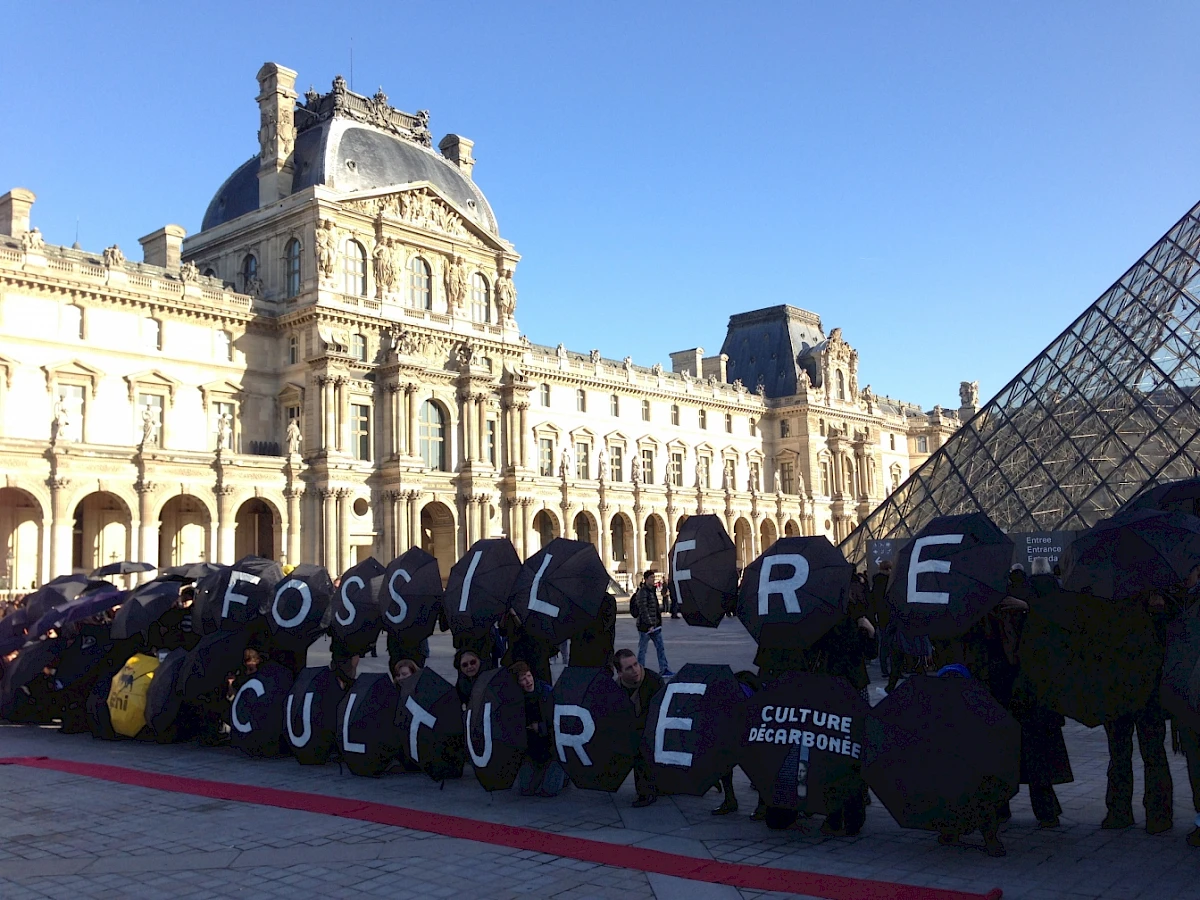
The initiative Art Not Oil delivers an action in front of The Louvre, Paris, 9 December 2015. Photo: Clémence Seurat.
In Is a Museum a Battlefield, a lecture given by Hito Steyerl at the 13th Istanbul Biennial, the artist exposed the close-knit ties between museums and the arms industry. Steyerl used two seemingly unrelated images – a photo of a museum in Berlin and another of the mass grave where her friend Andrea Wolf was found among other corpses – to brilliant effect as she revealed the omnipresence of the arms industry in contemporary art. The influence of this calculating, interdependent relationship is apparent both in project funding and production and the aesthetics of certain works.
Is the Museum a Battlefield, Museum Battlefield.
The actions taken this week to "get big oil out of culture" dovetail with Steyerl's talk. Art Not Oil, an initiative formed by various associations including Liberate Tate, speaks out against the links between the oil industry and cultural institutions, calling on the latter to uphold their responsibilities. The group gathered at the Louvre Museum on 9 December to demand that the institution cut ties with two of its financial backers, fossil-fuel conglomerates Total and Eni. These two companies continue to receive generous government subsidies – despite their central role in causing climate change – and pollute air and water that do not belong to them with total impunity. Nearby the demonstration, "climate angels" – winged creatures portrayed by (mainly) young, white women – called for climate justice in a performance that betrayed inappropriate innocence.
Demanding that our cultural institutions care about ecology and disclose the extent to which they are (in)dependent serves to bring the reality of their actions to the fore and question the basis of their relationship with the world. For these institutions cannot deny the consequences of accepting money generated by extractivism. However, while groups such as Art Not Oil and 350.org have carried out groundwork vital to curbing investment in fossil fuels, the methods they utilised in Paris – the procession and choral singing on Wednesday – should be questioned as they seem not radical enough. Avaaz's Climate Criminals initiative appears to have been exceedingly more effective and better reflects the seriousness and gravity of the ecological situation. The online network launched a poster campaign in Paris with photos of lobbyists whose influence is impeding progress in the negotiations on our lethal dependence on fossil fuels.
The broad support for fossil fuel divestment must, as Naomi Klein stated in Paris, be paired with the development of low-carbon activities in areas such as education and the social economy that promote a shift toward "care" as our central policy focus: "when we are caring for each other, we care for the Earth". The planet is an agent with which we must maintain a caring relationship, not a resource to be exploited.
Translated from French by Ethan Footlik
Related contributions and publications
-
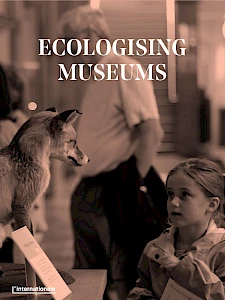
Ecologising Museums
Land Relations -
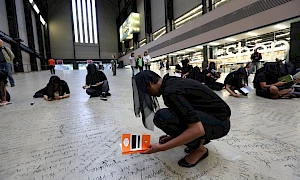
Imagining a Culture Beyond Oil at the Paris Climate Talks
Mel Evans and Kevin Smith of Liberate Tate -
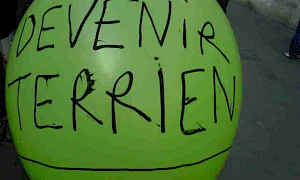
Fiction is Worlding. Post 1
Clémence SeuratEN fr -
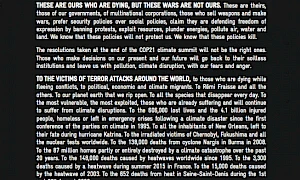
Fiction is Worlding. Post 2
Clémence SeuratEN fr -
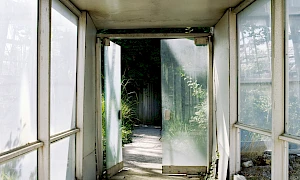
Fiction is a Worlding. Post 3
Clémence SeuratEN fr -
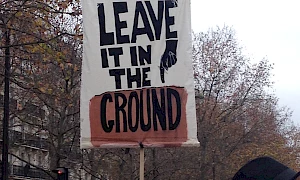
Fiction is a Worlding. Post 5
Clémence SeuratEN fr